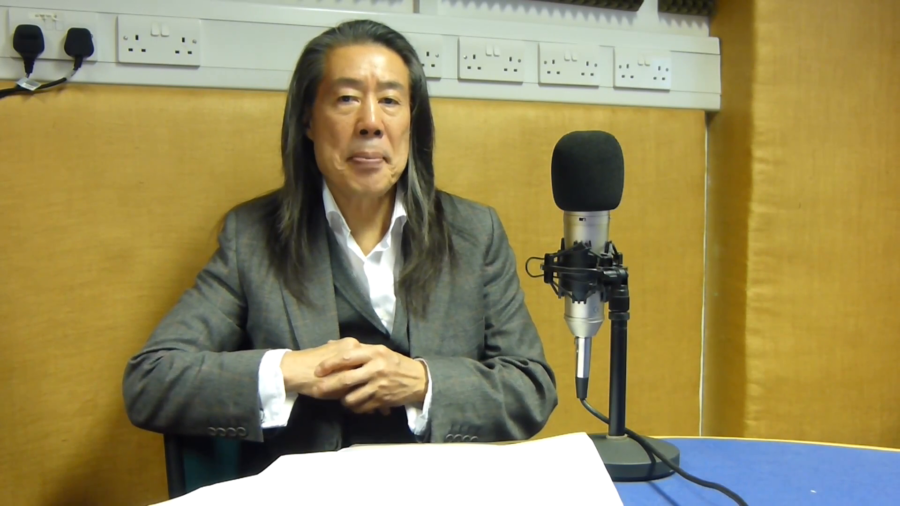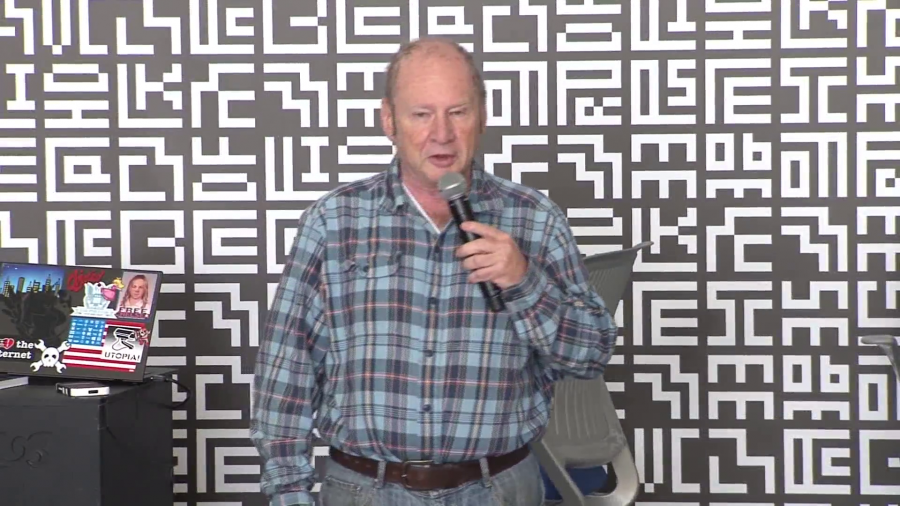When you try to analyze the resacralization of the secular state system, there are many mistakes that scholars particularly in the West make. They assume that resacralization is simply secularism plus the sacred added on. As if the system was still conceived in the same way, even it wishes to behave in a different way. But what in fact is going on is fragmentary, a mixture.
Archive (Page 3 of 4)
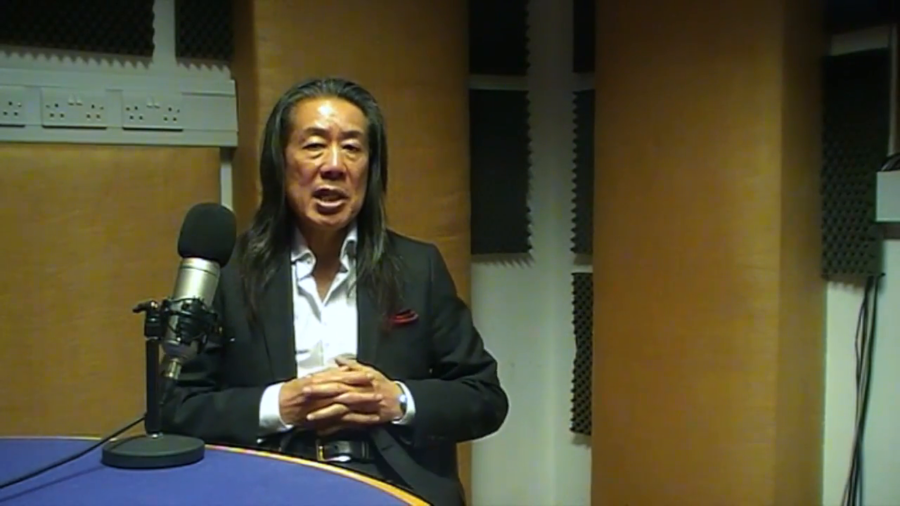
To secularize the state is not simply a magical operation that happens at the wave of a hand. You’ve got to desacralize the state.
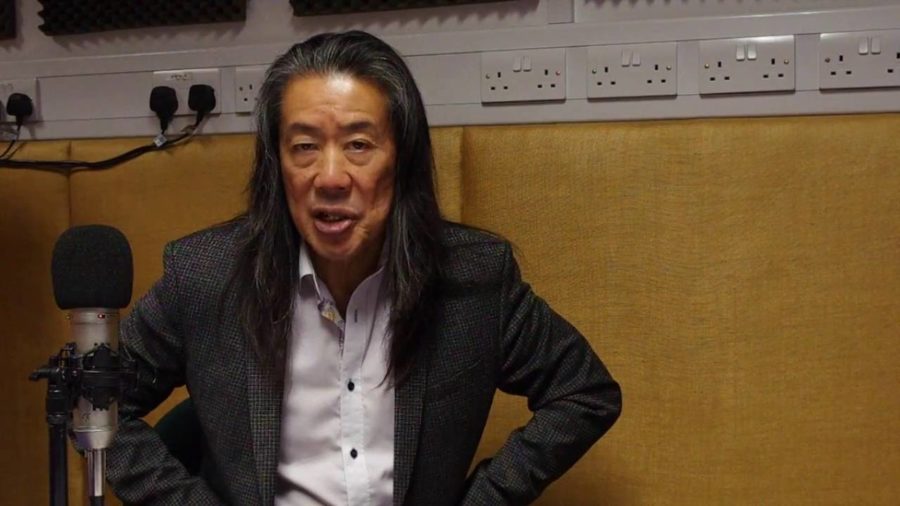
When we look back at our history here in Europe, we often celebrate the romanticized version of that history and forget the import that that romanticism often cloaked. For instance when we have films, when we read the books of Alexandre Dumas, particularly The Three Musketeers, all we see are three (plus one) swashbuckling, sword-bearing gentleman usually of an exquisite handsomeness. And there’s an evil cardinal, Cardinal Richelieu, lurking in the background. But the idea that France was just like this for no apparent reason is something that we never really really investigate.
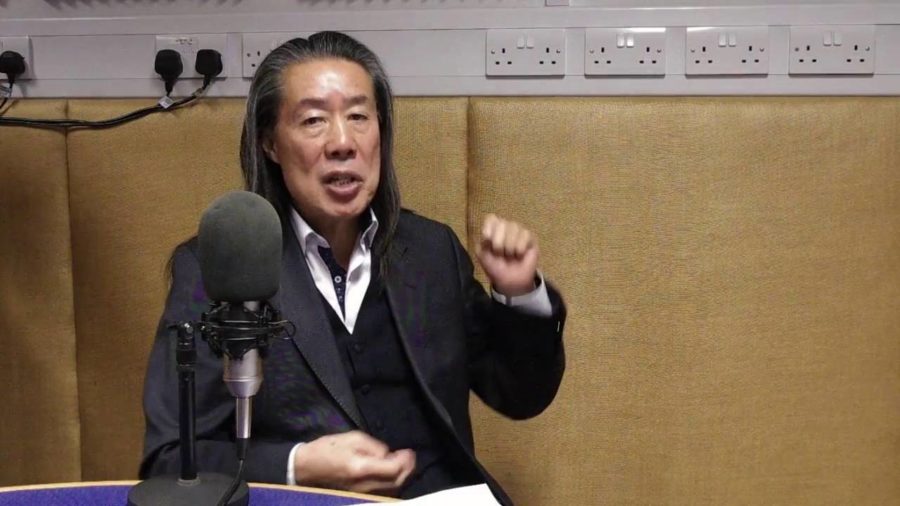
We’re looking at religion as an organized and above all institutionalized system of beliefs. The organization particularly of textual or other recorded teachings that form the basic faith framework of the religion, and the institutionalization which polices those teachings, polices the extent, the limits, and above all the interpretation of what those texts might mean.
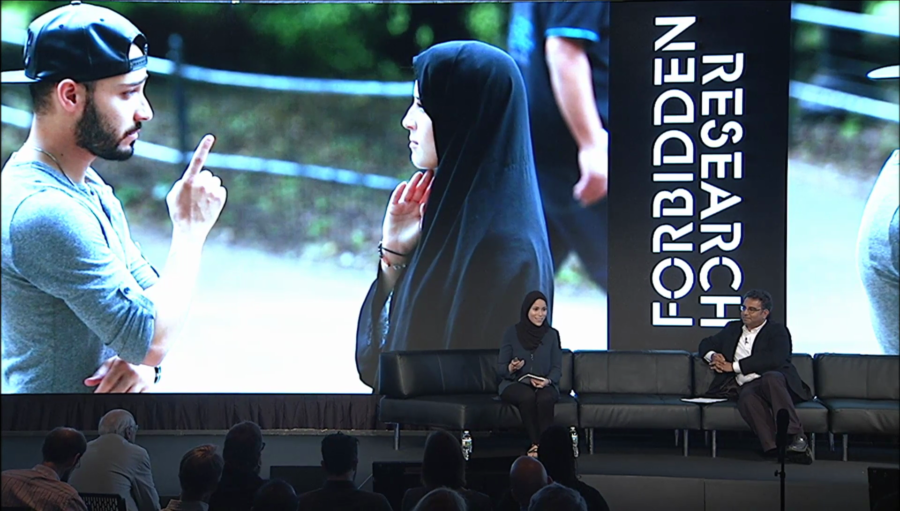
If we look at a lot of the things we’ve been speaking about today, be it genetic engineering or the things that occur in our daily lives, the challenge of reproductive rights, or global peace and security, a lot of the stagnation, a lot of the challenges, are actually rooted either in the perception of religion or in the political manipulation of religion.
The best justification we have for killing fifty-six, fifty-seven, whatever billion land animals and a trillion sea animals every year is that they taste good. And so, in a sense how is this any different from Michael Vick, who likes to sit around a pit watching dogs fight, or at least he used to?
We are in the midst of a shift in how we encounter information. And we’re wrestling with three paradigms at the same time. The oldest of these paradigms, for for most of us, is edited media. … You have a powerful gatekeeper, the newspaper editor, who says, “Here are things you need to pay attention to today. Give this a small amount of your time, and you will be roughly up to date with what you need to know.”
Everything we know about biological sciences, medicine, agriculture, disease, whatever, is based on studying one example of life. Life on Earth. Life as we know it. If we find another example that’s different, a second genesis, and independent origin of life, comparing those two might enable us to answer questions that we would never be able to answer if we only had one example to study. That could provide practical benefits for humans as well as better understanding of how to manage ecosystems, etc.
What has redeemed the faith community throughout the centuries of history has been that there has always been a sector of the faith that has not sold out, that has recalled the genuine moral and ethical values of that faith and its tradition, and has renewed that, and therefore moved the agenda into the future, that is moral and ethical and just.

